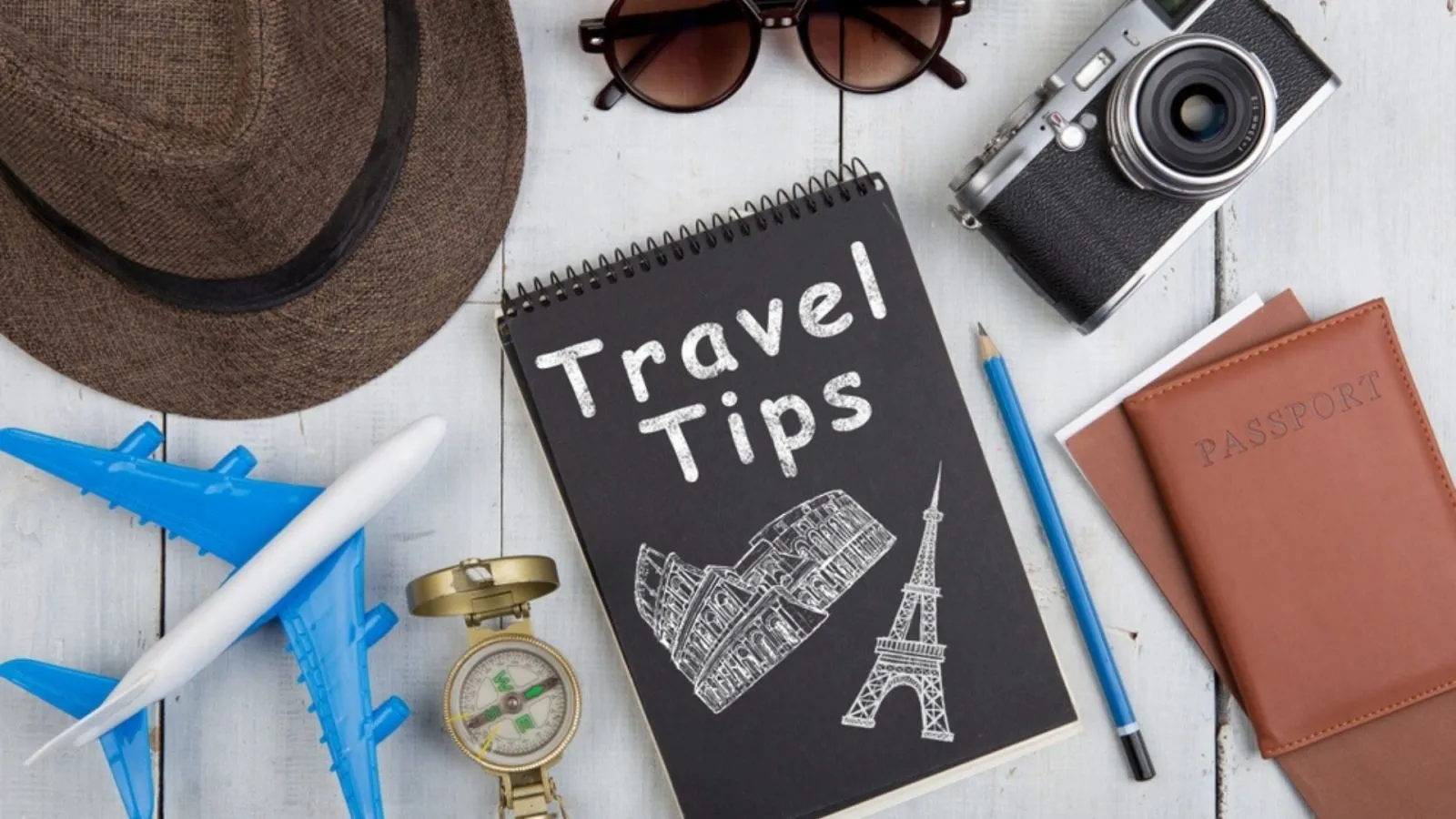
Traveling doesn’t have to drain your bank account. With a little strategy and creativity, you can plan a memorable trip without spending a fortune. Whether you’re dreaming of a weekend getaway or a longer vacation, here’s how to plan the perfect trip on a budget.
- Start With a Realistic Budget
Before anything else, figure out how much you can comfortably afford to spend. Factor in all the essentials—transportation, lodging, meals, activities, and some extra for unexpected expenses. This total will guide every decision you make from this point on.
- Pick the Right Destination
Some places are naturally more budget-friendly than others. Consider countries or cities where the cost of living is lower, or travel during the off-season when prices drop significantly. Southeast Asia, Eastern Europe, and parts of Central America offer incredible experiences for less.
- Be Flexible With Dates
One of the easiest ways to save money is by avoiding peak travel times. Flights and accommodations are cheaper mid-week, and traveling outside of holidays or school vacation periods can slash costs dramatically. Use fare comparison tools with flexible date searches to find the best deals.
- Use Smart Booking Tools
Take advantage of websites and apps like Google Flights, Skyscanner, and Hopper to track flight prices. For accommodations, compare Airbnb, Hostelworld, and Booking.com. Sometimes bundling flights and hotels can save you even more.
- Consider Alternative Lodging
Hotels aren’t your only option. Hostels, guesthouses, vacation rentals, and even couchsurfing offer more affordable (and sometimes more authentic) stays. If you’re open to adventure, camping or house-sitting can also cut costs dramatically.
- Plan Your Itinerary Wisely
Once your destination is set, research free or low-cost attractions. Many cities offer free walking tours, public museums with no entrance fee on certain days, and beautiful parks to explore. Look for local events or festivals that might coincide with your trip.
- Eat Like a Local
Dining out for every meal adds up fast. Hit local markets, street food stalls, or grocery stores to eat like a local at a fraction of the price. If you have access to a kitchen, cooking a few meals yourself can make a big difference.
- Use Public Transportation
Skip taxis and rental cars when you can. Buses, subways, and trains are usually cheap, efficient, and a great way to see how locals live. In some cities, you can buy day passes or tourist cards that include unlimited rides and discounts on attractions.
- Limit Paid Tours and Extras
While it’s tempting to book multiple tours or excursions, focus on a few that are truly worth it. Read reviews beforehand and see if there are DIY alternatives. Sometimes, exploring on your own gives a richer experience—and saves money.
- Track Every Expense
Use an app or a simple notebook to keep tabs on your spending during the trip. This helps you stay within your budget and make adjustments if needed. Small daily expenses add up quickly, so staying aware is key.



